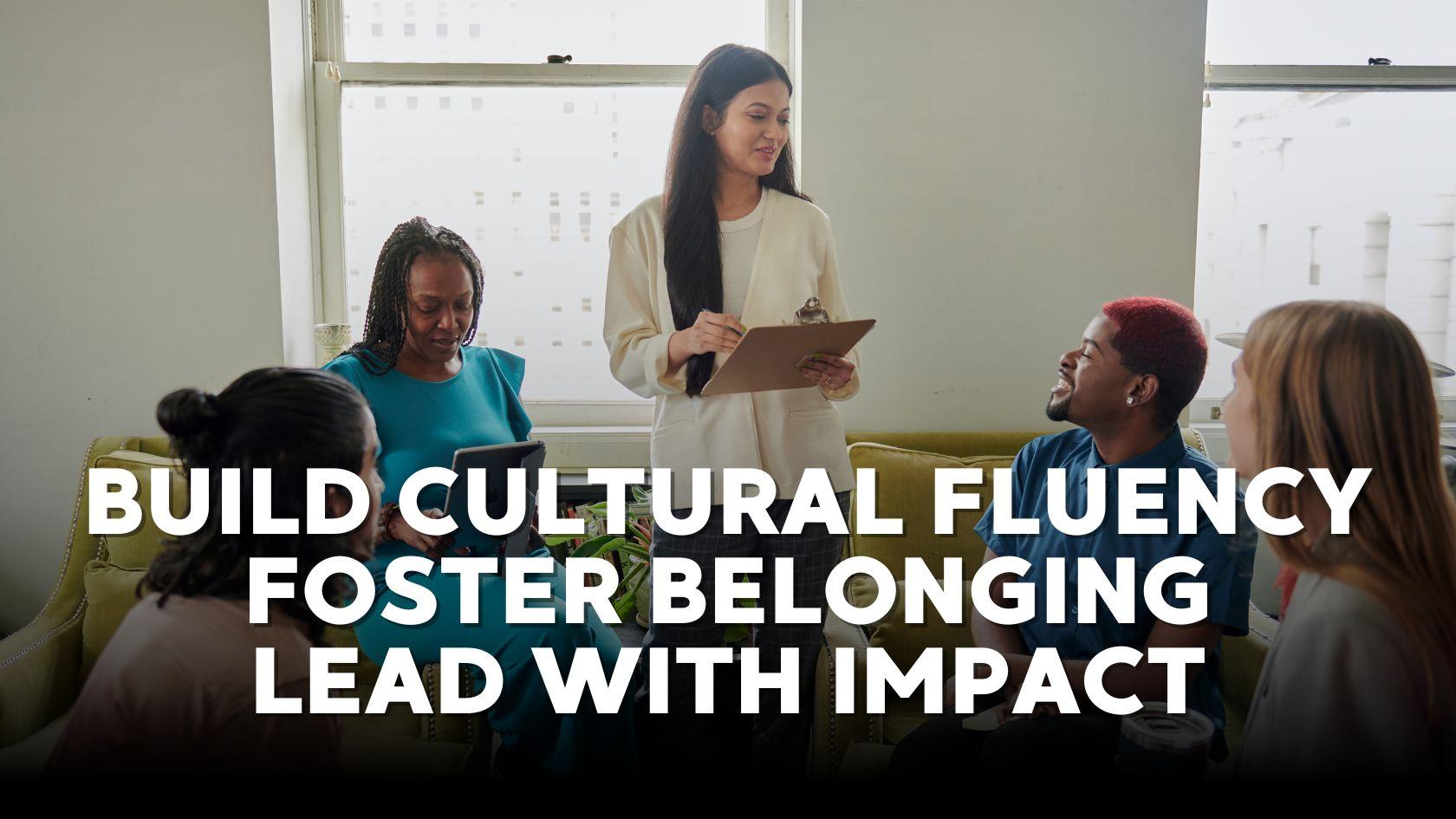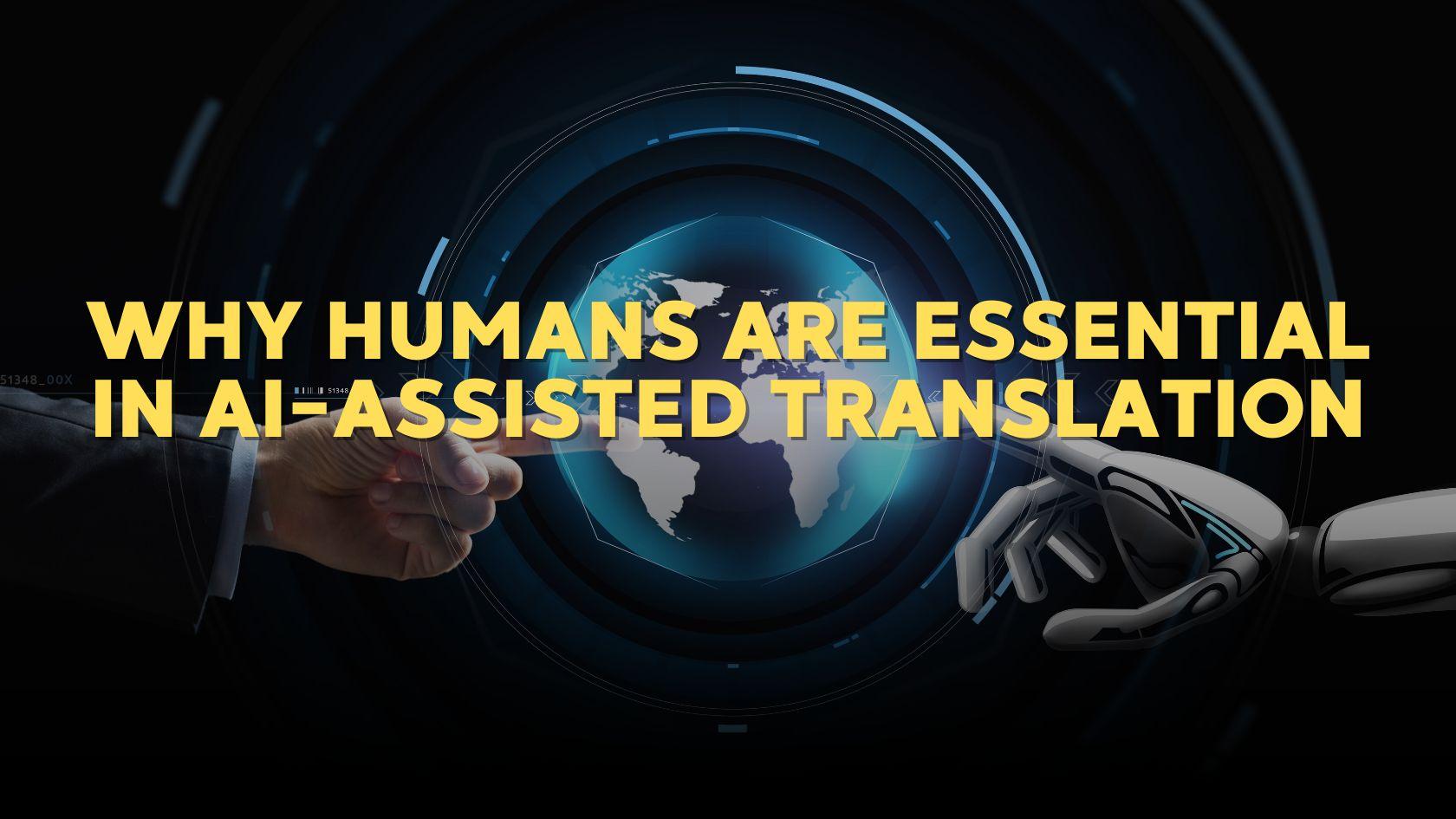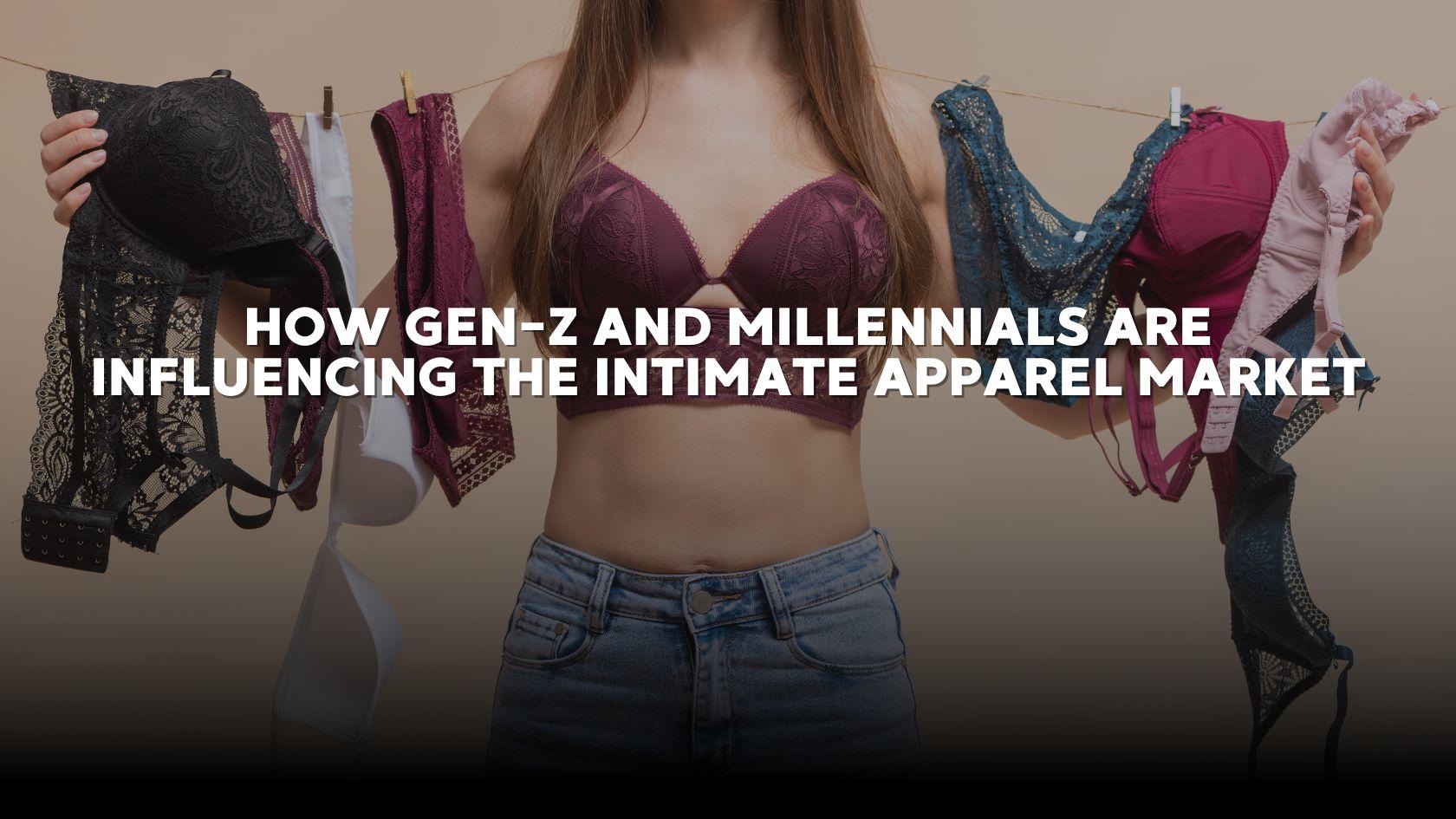Polls vs. Social Emotions: A Clear Divide of Harris-Trump Presidential Debate
The recent presidential debate between Vice President Kamala Harris and former President Donald Trump on September 10, 2024, has been a focal point for political analysts, voters, and media outlets. Several instant polls were conducted following the debate, with striking results that highlighted the public’s response to the candidate's performance. To complement these findings, we at Envisify Global Intelligence used our AI-powered Culture Models to analyze public sentiment on social media channels. By comparing the poll results with our data-driven insights, we can better understand the public's unbiased perception of this pivotal moment in the 2024 election cycle.
Voter Polls Favor Harris. Social Data Show Shows More Nuance
Polling data from several sources, including, FOX, The Hill, show that Kamala Harris decisively won the debate according to viewers. CNN’s flash poll revealed that 63% of debate watchers felt Harris outperformed Trump, a significant lead over Trump’s 37% support. Even Trump supporters acknowledged the impact of Harris's performance, with 31% of Trump voters in the CNN poll recognizing her as the debate winner.
A key theme from these polls was the shift in voter confidence. However, Envisify’s AI-powered Culture Models revealed a range of negative emotions showing that it may be too early to declare a clear winner. Our process collected millions of genuine, unfiltered opinions, and user-generated social conversations.
Voters Today: A Complex Emotional Landscape
Our cultural intelligence platform analyzed online conversations on social media using the keywords "Trump Debate" and "Kamala Debate" in both, English and Spanish. These results offer a more nuanced view of public sentiment, particularly when we analyze the emotions driving these discussions.
The overwhelming sentiment surrounding "Trump Debate" conversations was negative in English and Spanish, with English-language sentiment being slightly more unfavorable at 52.38% compared to 44.9% in Spanish.
The primary emotion associated with these discussions was anger, with 51% of English conversations and 54.5% of Spanish conversations reflecting this sentiment. Joy and sadness followed, with 14.51% and 14.48% respectively in English discussions, and slightly higher levels of joy (21.2%) and sadness (14.8%) in Spanish conversations.
When it came to “Kamala Debate”, the sentiment was slightly more favorable. The English-language conversations showed a close split between negative (42.8%) and neutral (42%) responses, with 15.1% being positive.
The primary emotion here was again anger (43.2%), but interestingly, Harris-related conversations also showed a notable amount of joy (18.1%) and love (13.2%). In Spanish discussions, there was a similar trend, with 36.1% negative, 53.7% neutral, and 10.3% positive. Anger was again dominant (51.6%), followed by joy (23.3%).
Comparing Polls with Data-Driven Analysis
While the polls reflect that Harris emerged as the debate’s winner, the way these opinions are expressed diverges. Polling data showed a more definitive and quantifiable win for Harris, with 63% of CNN poll respondents and 54% of YouGov respondents favoring her performance. These numbers illustrate a significant margin in Harris's favor, with even a portion of Trump’s base acknowledging her strong showing.
In contrast, the sentiment and emotion analysis on social media—especially in discussions tagged as "Trump Debate"—revealed a more emotionally charged reaction, with high levels of anger in both English and Spanish posts. Even in conversations about Harris, anger remained the dominant emotion, although there were significantly higher levels of joy and love than those seen in Trump-related posts. The negative emotions surrounding Trump on social media were stark, with over 52% of "Trump Debate" discussions in English carrying a negative sentiment, compared to just 42.8% of "Kamala Debate" discussions.
This contrast highlights the key difference between traditional polling and social listening insights. Polls allow researchers to control the questions and the sample population, offering a structured view of voter sentiment. In contrast, social media analysis provides access to the unfiltered voice of the public, capturing raw emotions and real-time reactions that may not be fully reflected in formal surveys. This blend of data offers a more nuanced understanding of the electorate.
Conclusion: Anger and Fear Reveal Deeper Divides
Both the polls and social listening results highlight a deeply divided electorate, with Kamala Harris’s debate performance seen as a victory by major polling agencies. However, while the traditional polls reflect a clear numerical win for Harris, the emotional landscape on social media tells a more complex story. Anger remains the dominant emotion in discussions about both candidates, but fear also plays a significant role, indicating that the public's concerns go beyond simple disapproval or support.
The combination of anger and fear in social conversations reveals deep-seated anxieties among voters about the future, the candidates’ ability to lead, and the broader state of the country. This emotional undercurrent shows that, despite Harris’s strong debate, neither candidate has won over the electorate completely. Both still face significant challenges in addressing voter concerns and winning the confidence of a polarized public.
As the election approaches, undecided voters and those reconsidering their choices could be key to the outcome, and the emotional intensity expressed online suggests that there’s still room for significant shifts. Ultimately, understanding voter sentiment through both traditional polls and the raw, emotional reactions shared on social platforms will be critical to gauging which candidate can overcome these challenges and secure a decisive victory.



